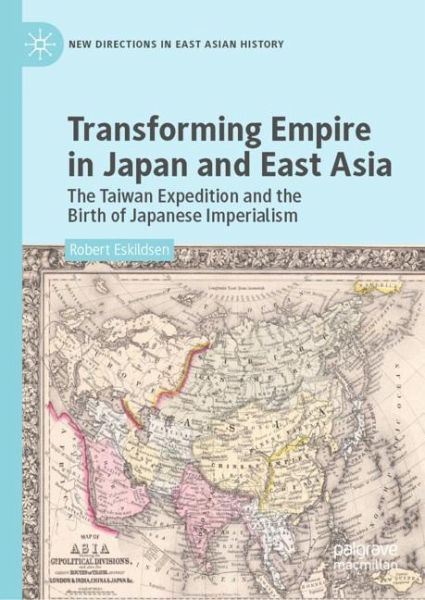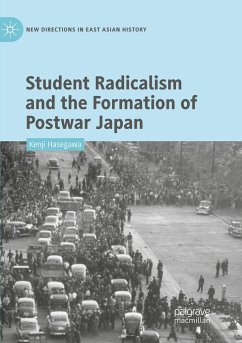
Transforming Empire in Japan and East Asia
The Taiwan Expedition and the Birth of Japanese Imperialism

PAYBACK Punkte
46 °P sammeln!
This book examines the history of a military expedition the Japanese government sent to southern Taiwan in 1874, in the context of Japan's subordination to Western powers in the unequal treaty system in East Asia. It argues that events on the ground in Taiwan show the Japanese government intended to establish colonies in southern and eastern Taiwan, and justified its colonial intent based on the argument that a state must spread civilization and political authority to territories where it claimed sovereignty, thereby challenging Chinese authority in East Asia and consolidating its power domest...
This book examines the history of a military expedition the Japanese government sent to southern Taiwan in 1874, in the context of Japan's subordination to Western powers in the unequal treaty system in East Asia. It argues that events on the ground in Taiwan show the Japanese government intended to establish colonies in southern and eastern Taiwan, and justified its colonial intent based on the argument that a state must spread civilization and political authority to territories where it claimed sovereignty, thereby challenging Chinese authority in East Asia and consolidating its power domestically. The book considers the history of the Taiwan Expedition in the light of how Japanese imperialism began: it emerged as part of the process of consolidating government power after the Meiji Restoration, it derived from Western imperialism, it developed in a dynamic relationship with Western imperialism and it increased Japan's leverage in its competition for influence in East Asia.














